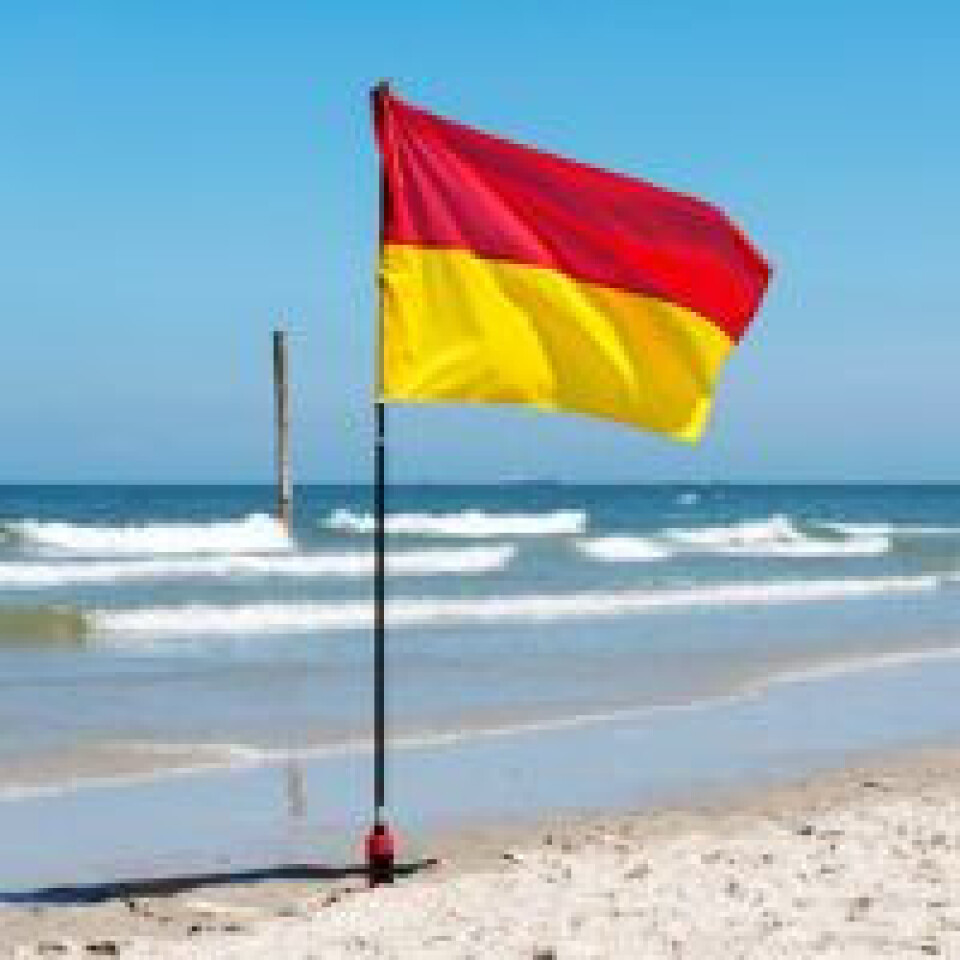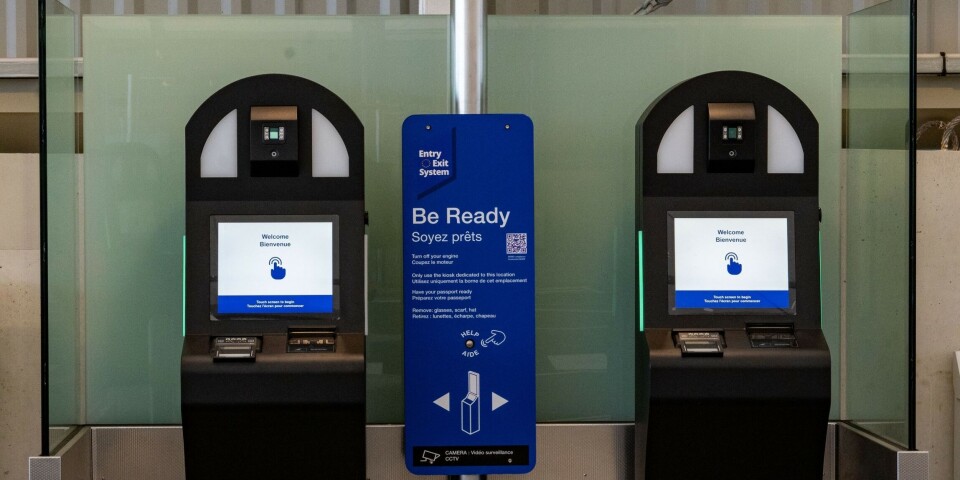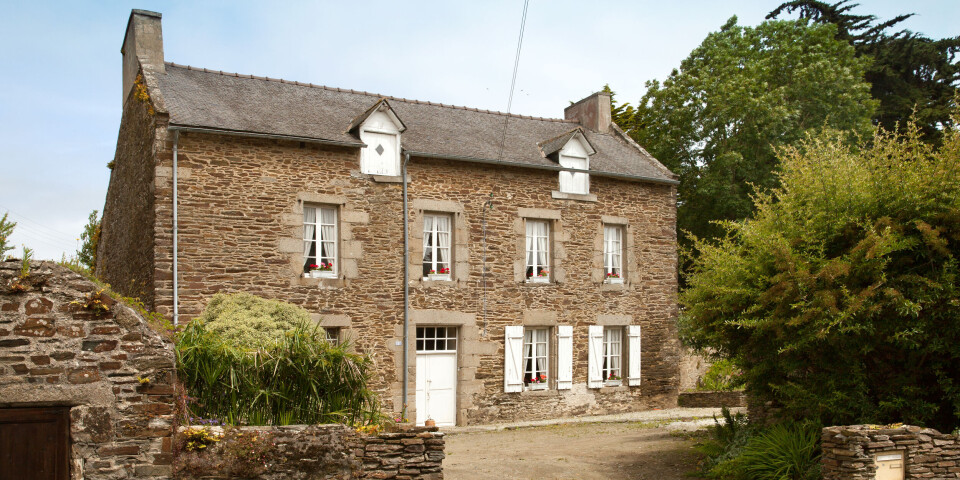-
New law to stop cold calls in France voted through in Assemblée
The new legislation is aiming to end ‘phone harassment’, but some say it will still be ineffective
-
Top French court clarifies rules on foreign language wills
Certain conditions must be met for a language to be accepted if it is unknown to the testator
-
Local election rule changes in France and why you may have a new mayor in 2026
Communes with fewer than 1,000 residents are particularly set to see changes from next year
Recap: Beach flags, car black boxes, honey…ten changes in France
Some of the changes to be aware of in French law and everyday life now and in the coming weeks

1: Black boxes in new cars
All new cars in France and across the EU must now be equipped with ‘black boxes’, which provide information in the case of an accident.
The boxes record details of speed, acceleration, braking, steering angles, airbag deployment and even seat belt use.
The data is deleted frequently so in the case of an accident, only information from a few seconds before and after should be available.
2: Reduced renovation aid
The amount of money people can obtain off eco-friendly renovation costs via the CEE ‘energy econ-omy certificates’ scheme has dropped by 20-30%, depending on the type of work carried out.
The scheme is often used for projects such as insulating floors, roofs and walls.
Read more: Do I have to be a resident to get France’s CEE home renovation grant?Energy suppliers are required to help the public with renovations via this scheme to meet obligations set by the state and compensate for their ecological impact.
However, as these targets have now largely been attained, money off has dropped.
This does not affect other help such as MaPrimeRénov’ grants.
Read more: Can new residents in France obtain a property renovation grant?
3: Family benefits rise
Benefits paid out by Caf family benefits agencies have risen by 1.8%, a modest increase which does not fully account for estimated inflation from 2021 to 2022.
It applies to benefits including family allowance, the prime à la naissance bonus for a new child, disabled children’s education benefit (AEEH), childcare benefit CMG, compensation for family carers (proches aidants) and the disabled adult’s allowance.
It will also apply to rentrée scolaire payments later in the year.
4: New beach flags
New rules are now in place on French beaches, standardising the use of safety flags.
The biggest change is that triangular blue flags, used to indicate the limits of supervised bathing areas for 60 years in France, have been replaced by red and yellow flags.

International red and yellow flag for supervised bathing. Photo: Shutterstock / seewhatmitchsee
All triangular or ‘flame-shaped’ flags have also been replaced with rectangular ones.
Another novelty is a chequered black and white flag, which indicates zones where water sports can be practised.
The changes bring France in line with water safety guidelines internationally, which are likely to be more familiar to tourists.
Read more: Green, yellow, red, purple: New safety flag system for French beaches
5: Honey labelling
From July, pots of honey for sale in France will have to state the country of origin, rather than carrying more vague wording such as a ‘mixture of EU honeys’.
This has been a long-standing demand of French honey producers.
When more than one country’s honey is mixed – a common practice – the label will say, for example, 70% Spanish honey, 30% Italian honey.
6: Lyon speeding fines
After much of Lyon’s city centre changed to a 30km/h zone at the end of March, speeding fines are now being imposed following an initial tolerance period.
Extra speed cameras are also being installed but the exact number has not been revealed but will be fewer than the 100 originally announced by the mairie.
7: Lunch voucher limit
The €38 upper limit for subsidised lunch vouchers (tickets restaurant) for employees to pay for a restaurant meal will end by June 30 – unless a new decree is issued to extend this.
The daily limit was increased from €19 in June 2020 to help the restaurant sector during the health crisis.
8: Pre-book to visit Calanque of Sugiton
Visits to the picturesque Calanque of Sugiton, near Marseille and part of the Calanques national park, must be pre-booked online from July.
Bookings are now open and the service is free. For more details visit their website.
9: Use vouchers for trains
Holders of chèques vacances holiday vouchers (often issued by large firms to staff) will now be able to pay for train trips with them on sncf-connect.com or using the SNCF Connect app.
This was previously only possible in person in stations.
People who already hold these in a digital format can use them directly.
Those who have paper ones should use the website or app of ANCV, which issues the vouchers, to digitise them.
Click on Echanges to enter a code from the voucher, issue year and organisation number.
10. Public holiday this month
June 6: Lundi de Pentecôte (Whit Monday) is a public holiday but people can still work and designate the day a ‘solidarity’ day, meaning their pay is given to the state to help fund care for the disabled and elderly.
In France, May 1 is the only bank holiday that has to be taken off, apart from sectors deemed exempt, such as doctors and pilots.
Related articles
Best beaches in France 2022: ‘Blue Flag’ sustainable list revealed
Sign replacement, new devices: Speed camera news for drivers in France
French beekeepers experiment with indoor hives in bid to save bees
























